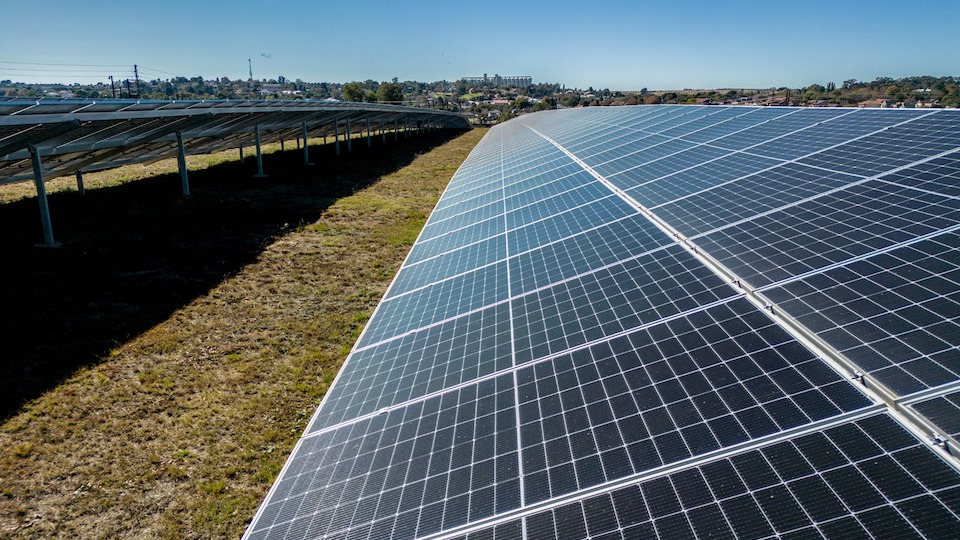
Pinggao, a subsidiary of the world’s largest power company, the State Grid Corporation of China (SGCC), is investing in South Africa’s renewable energy sector as circumstances push the country towards renewable energy options from its reliance on coal-generated electricity.
In its latest entrance, the company will jointly develop a 50MW solar power plant with five other partners including South Africa’s Neogos Energy Company which provides renewable energy solutions including wind turbines, solar photovoltaic (PV) and biomass energy power plants as well as energy storage solutions like battery banks and flywheels.
Owned by the Chinese state, the Pinggao Group Co., Ltd. (PG) specializes in researching, developing, manufacturing, selling, and servicing power transmission and distribution equipment. It is headquartered in Pingdingshan City, Henan Province in central China.
With its partners, Pinggao will spend an estimated $28 million on the solar plant. Once completed, the project will boost South Africa’s power production which will help alleviate the long-running power cuts referred to as load-shedding. The incessant power blackouts are largely due to breakdowns in the country’s coal power stations.
Demand for electricity is expected to increase in the winter months starting this June when people use heaters to warm their homes. This will put additional pressure on the grid.
Already, the Chinese government has committed to donating solar panels and generators to South Africa to help address the load-shedding problem. China’s ambassador to South Africa, Chen Xiaodong, said during the China-South Africa New Energy Investment and Cooperation Conference that the donated equipment would be installed at public institutions to prevent power disruptions.
The new 50MW solar project was announced just before the conference which was held last week in Johannesburg.
According to China’s highest-ranking African diplomat Wu Peng, the event provided a platform for information exchange, project collaboration, and capacity building in new energy. He tweeted that the two sides are determined to enhance cooperation.
South Africa plans to improve energy provision and end power cuts within two years. Load-shedding has affected South Africa’s economy by decreasing economic growth due to reduced production and investment with the World Bank estimating that power cuts cost the country $24 billion last year.
In a bid to stem the crisis, last year power utility Eskom selected Pinggao to install 60 MW of solar PV in two phases and large-scale batteries with a capacity of 1,440 MWh per day in 12 sites across South Africa.
Earlier, Pinggao won a bid for the first overseas electrochemical energy storage project in South Africa. The 80MW/320MWh power station stores energy in batteries which convert their active chemical energy materials into electric energy.
WHY IS THIS IMPORTANT?
South Africa’s Public Enterprises Minister Pravin Gordhan stated during the conference that the country has to deal with its own transition reality where more than 80% of its power is generated from coal.
He said that with the fast-developing industry for renewables and low-carbon energy, cooperation on new energy is crucial for how South Africa will compete in the context of the changes unfolding in the world. The old and failing coal-fired power stations are making it impossible to meet the demand which means that South Africa’s energy sector has to evolve with the times.
SUGGESTED READING:
- PV Tech: China offers 66GW of solar infrastructure to South Africa by JP Casey
- Engineering News ZA: China, South Africa to strengthen new energy investments, cooperation by Schalk Burger









